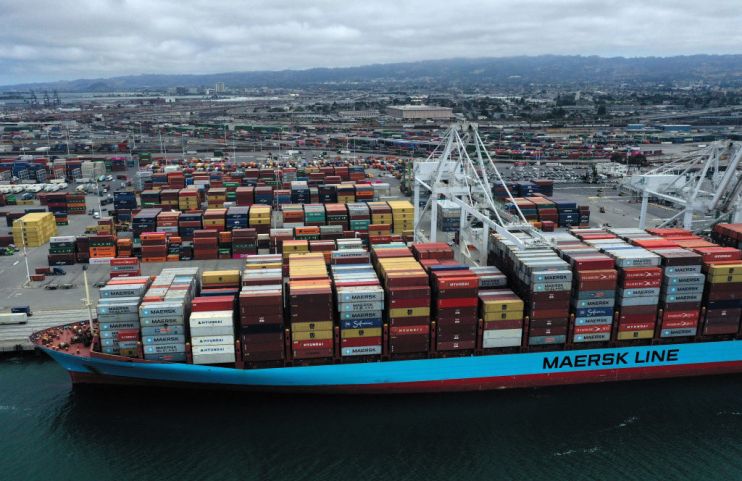Coronavirus: Global trade offers a route to recovery

For years now, we have had to put up with endless rhetoric about how political and economic interconnectivity between countries has demonstrably failed to deliver prosperity for all. #
Depending on whether you were on the liberal free-trade, or the more protectionist side of the Brexit (remember that) argument, globalisation as we have known it has been under threat.
It is, therefore, slightly ironic that after four years of an ongoing constitutional battle, an unprecedented global health crisis is the event that could genuinely grant the wishes of those on the regressive side of the referendum argument who long for a more protectionism. But as they say, be very careful what you wish for.
With Covid-19 continuing to hit global markets on a daily basis, there are a number of question marks about whether international trade will return to normal.
After decades of businesses expanding global supply chains, some rethinking of these geographically dispersed production arrangements is already taking place across boardrooms.
The virus pandemic will only heighten concerns about the sensitivity of economies to shocks that occur far from our borders, and the role that global value chains play.
The trouble is that what those who long for a more localised economic model are failing to grasp the fact that the UK is a service driven economy.
The trade that is most vulnerable to potentially longer-term effects of the virus is not the shipping of physical goods, but services. Recovery of international leisure travel, as a case in point, will depend on the extent of damage done to personal finances.
As for day-to-day consumer spending, it is hard to see a seamless return to our pre-pandemic lifestyles once the health scare settles, particularly if the recent rise in unemployment figures is anything to go by.
It would be a brave person to back against the UK heading into two consecutive quarters of declining GDP. This is, of course, technical recession territory. Easy to get into, but a darn sight harder to get out of.
As a consumer spending driven economy, is this really the best period to completely throw the globalisation baby out with the bathwater? It is not really in the interest of any nation to completely move away from its core economic competencies.
After all, basic economics argues that the highest state of efficiency is reached when people are allowed to do what they do best. The UK focuses on services like finance, and Germany makes consumer goods.
Now is not the time to gamble with the future growth and prosperity of the UK economy. Battling through the post-COVID 19 recession requires a new generation of entrepreneurs creating companies which will go on to be world leaders, generating employment and wealth globally.
This requires interconnected and efficient markets, not artificial barriers to trade and investment. This is why, in order to lay the foundations for promoting financing for future growth and prosperity, pragmatic thinkers across central banks and government should plan specific measures to strengthen trade ties, as opposed to removing them all together.